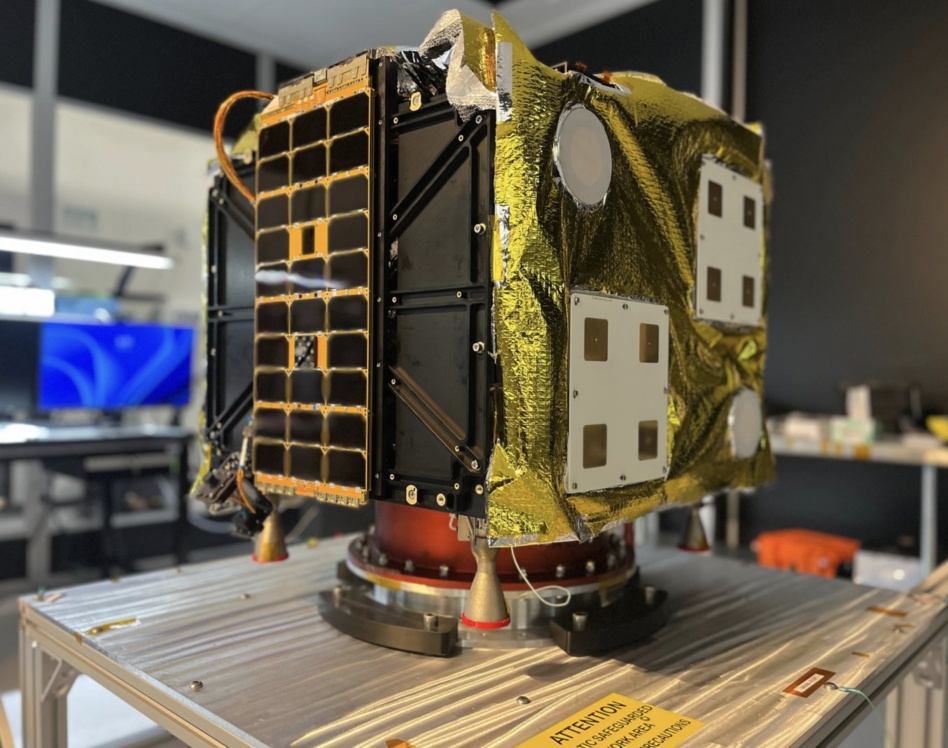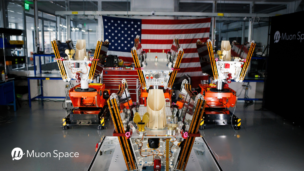A startup plotting to harvest platinum-group metals from asteroids raised a $40M Series A in the midst of preparing its second spacecraft for a year-end launch.
AstroForge’s bulky round was led by Nova Threshold and joined by 776, Initialized, Caladan, Y Combinator, Uncorrelated Ventures, and Jed McCaleb. The money will go toward the company’s third mission, a spacecraft that will attempt the first private landing on an asteroid after a 2025 launch.
How did CEO Matt Gialich convince them to get on board with his company’s ambitious vision?
“I tell them I’m going to go as fast as f*****g possible,” Gialich tells Payload. “Let’s be real about this company and the amount of capital, how we think about this: We’re going to mine asteroids or go f*****g bankrupt, and we’re going to probably figure that out in the next five years.”
State of the race: It’s been quite a year for AstroForge:
- The company’s first tech demonstrator, launched to LEO in 2023, suffered comms issues, and the company was unable to test its metal refinery on orbit.
- The company’s second spacecraft failed vibration testing in March, forcing AstroForge to start over and work quickly to make its ride to orbit aboard Intuitive Machines’ next Moon mission, expected at the end of the year. They’re on schedule, and the new spacecraft passed its vibe test. Dubbed Odin, its goal is to image the company’s target asteroid.
- Up next: A 200-kg spacecraft called Vestri, which will land on the target asteroid to completely characterize its composition; it will fly on IM-3, expected to launch in 2025.
No illusions: Gialich and his co-founder, CTO Jose Acain, are pushing the limits for spacecraft operating in deep space—that requires accepting more risk than traditional exploration missions. They expect Odin to cost less than $7M, built by a 35-person team in just 212 days—the timeline from when they began building the spacecraft to the integration deadline.
“There’s no backup,” Gialich said. “I tell the company all the time [that] if we don’t make it on [IM-2], I will give investors their money back. We’re done as a company—make it or don’t, but there’s no pushing this off if we can’t perform and execute.”




